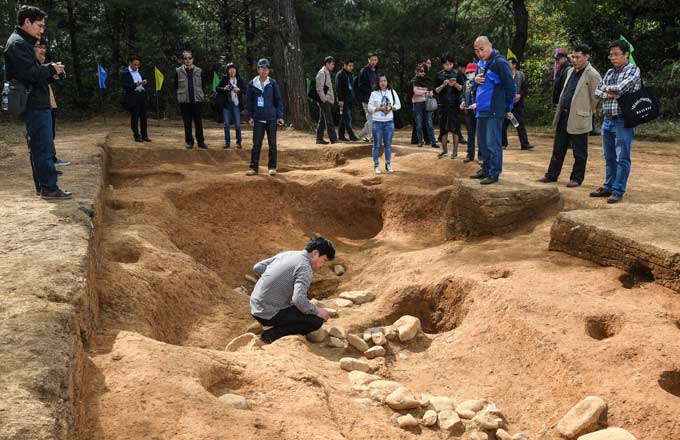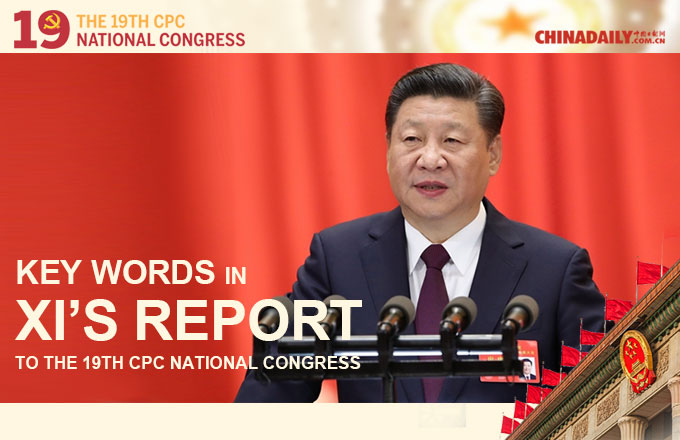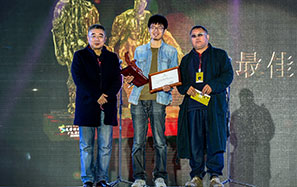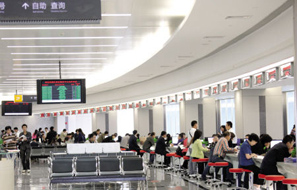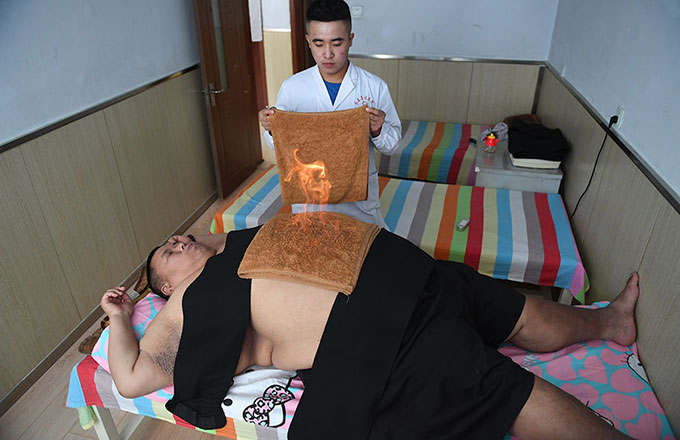Portal opens new chapter for used books
Wei Ying, 31, is picky when buying new stuff, but she always buys new clothes with profits gained from selling her old ones. In her college days, she had a collection of secondhand books and DVDs that was the envy of her classmates.
In May, she founded the Deja Vu online store-specializing in used books-in a two-story apartment in northern Beijing. Piles of books squeeze the small space where some staff members clean dusty ones with cloths and alcohol, and others search out orders from the bookshelves.
Newly arrived books often sell within a couple of hours.
"My recycling dream is realized," Wei said, adding that Deja Vu is in demand as more Chinese people buy books but have limited space to store them.
Since opening, it has attracted more than 50,000 registered users, including 10,000 active trading members. It serves 10 major cities and will expand nationwide by the end of November.
Bricks-and-mortar bookstores have been on the rebound since 2014, but a report by Beijing-based Openbook.com says that for the first half of 2017 Chinese online bookstores saw sales grow 30 percent, while offline stores were in the red.
On the Douban ratings and review website, a "book addict" club has almost 350,000 members who show what books they read and recommend, and they discuss how to swap or trade used "treasures".
Book offers pepper the online discussions: "200 yuan ($30) for 10 used books, Beijing only" or "Used books, good bargain, freight".
"We bookworms are reluctant to throw out books. Due to limited space, I have to give some away, but I would like to find other book lovers to trade with," said Wang Hongfei, a researcher at Beijing Normal University.
Like many book owners, Wang once carried around a suitcase full of them, looking for buyers with similar tastes.
However, Deja Vu has now reduced the buying and selling process to a few taps on a smartphone. Vendors need only scan the bar code of a book and get the resale price, then wait for the courier to collect them.
Unlike other major book trading platforms, Deja Vu offers standard verification, pricing and packaging. When someone places an order, the vendor is notified and can collect the money online.
Wei was inspired by Bookoff, Japan's largest offline secondhand bookstore chain. Books are bought for 10 percent to 30 percent of the fixed price, and the store can sell 1,000 books a day and take in another 1,000.
"More users are telling us they hope to find rare books on our platform, so we've extended the range," Wei said.
However, the site won't deal in specific test books, fake science, personal life guides, tainted books or counterfeits.
Wei says books are often verified online by machine, but some books listed as counterfeit are very like the genuine article. If counterfeits are detected through format or print analysis, they are sent to recycling centers.
People in China started trading books online in earnest a couple of years ago, but Wei says owners could not communicate directly with each other. She wants to provide community-like services.
"We should build a music festival rather than a railway station. In a railway station, nobody wants to talk with strangers, but people talk more easily when they share similar music tastes," she said.
Users once had to thumb through old, dirty books at used goods markets, said Li Chan, chief of operations at Deja Vu. "Now they sell and buy at ease. Often they will attach a message for buyers, hoping to share their experience."
Xinhua









